Why is bamboo rot-proof?
Why is Bamboo rot-proof? A Miracle of Nature Explained
Bamboo, this exotic material, is widely used in the construction of wooden decks, and for good reasons. Its durability and aesthetic appeal make it a popular choice. Indeed, bamboo is renowned for its resistance to bad weather and humidity , which positions it as an ideal option for outdoor terraces.
But what makes bamboo a rot-proof material? To answer this question, we need to explore the characteristics of this unique plant more closely.
The Exceptional Chemical Composition of Bamboo
Bamboo, mainly native to Asia, but also present in South America, stands out for its remarkable chemical composition. It is mainly composed of cellulose, lignin and resin.
Cellulose represents the main component of bamboo, while lignin gives it its robustness and hardness . The resin, on the other hand, acts as a natural shield against humidity and harmful insects , such as termites.
Natural Resistance to Rot
It is precisely thanks to this unique combination of cellulose, lignin and resin that bamboo displays a natural resistance to rot and decomposition.
Unlike many other wood species, bamboo does not require special treatments to protect it from humidity and bad weather.
Its wood is, in itself, naturally rot-proof, which makes it an ideal choice for wooden terraces.
The Robustness of Bamboo
Bamboo is not only rot resistant, it is also surprisingly sturdy. Its hardness is comparable to that of oak and beech, making it perfect for outdoor applications .
Bamboo decking boards are thick enough to withstand daily shocks and stresses .
In addition, bamboo is particularly resistant to splinters and cracks , making it a safe and durable material for outdoor settings.
An Ecological and Sustainable Choice
In addition to its exceptional characteristics, bamboo stands out for its ecological aspect . It regenerates quickly, avoiding the need for massive deforestation.
Unlike other exotic woods, such as ipe or mahogany, which are often associated with deforestation issues, bamboo can be harvested sustainably and responsibly . In addition, it can be recycled and reused, thus contributing to the reduction of environmental waste .
In conclusion
Bamboo is truly an exceptional material, rot-proof thanks to its unique chemical composition, mixing cellulose, lignin and resin. This combination gives bamboo a natural resistance to bad weather, humidity and harmful insects.
Its hardness and robustness make it a first choice material for wooden terraces. In addition, its sustainable cultivation makes it an ecological choice that contributes to the preservation of our planet, while offering a solid and attractive construction solution. For all these reasons, bamboo remains an essential choice for those looking for quality, durability, and respect for the environment .

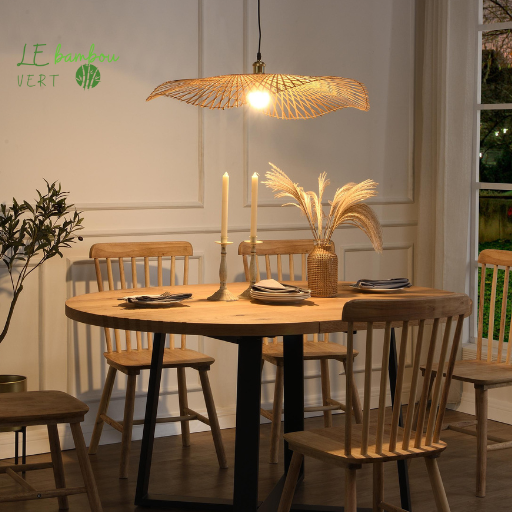
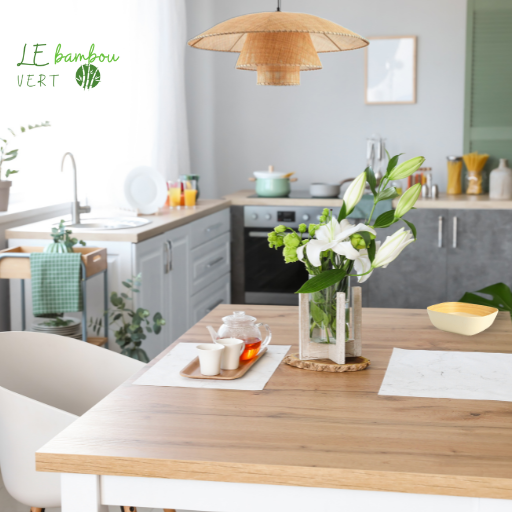
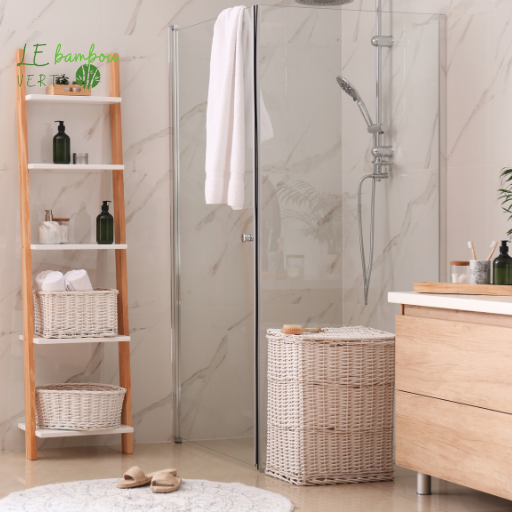
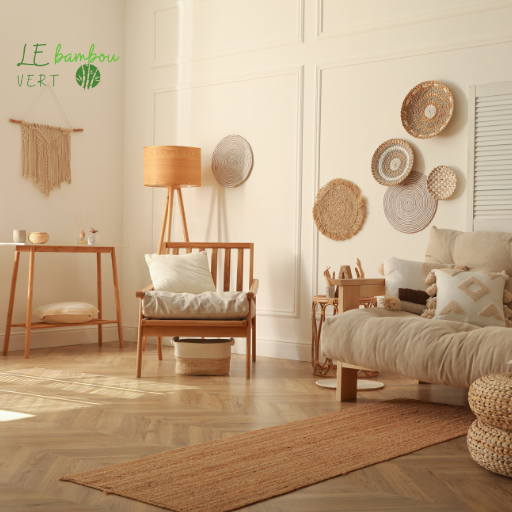
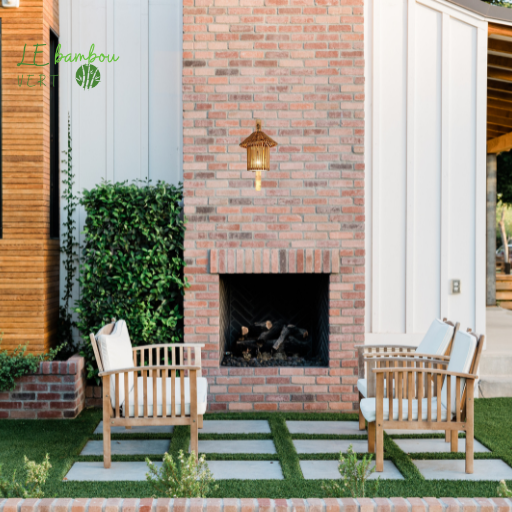
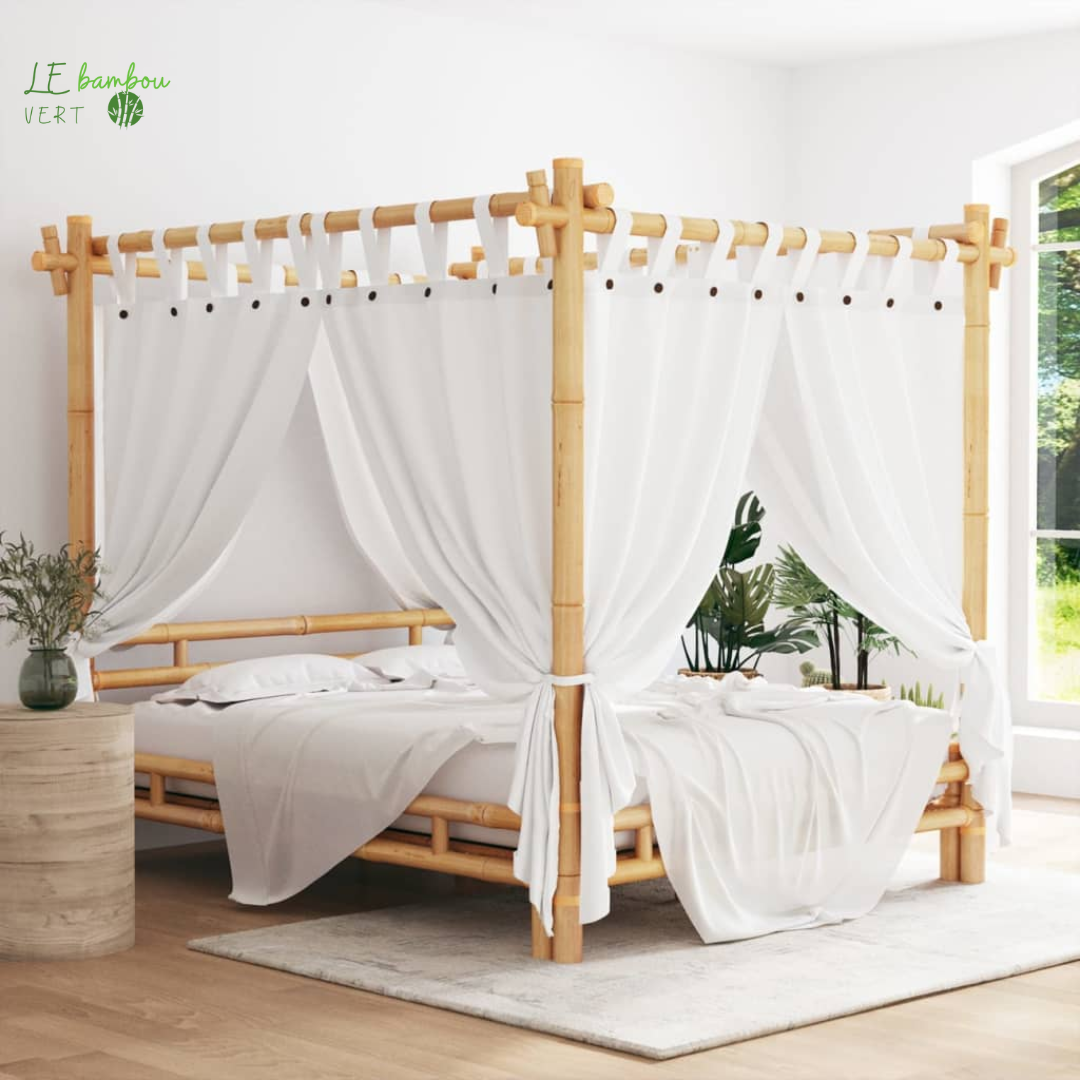



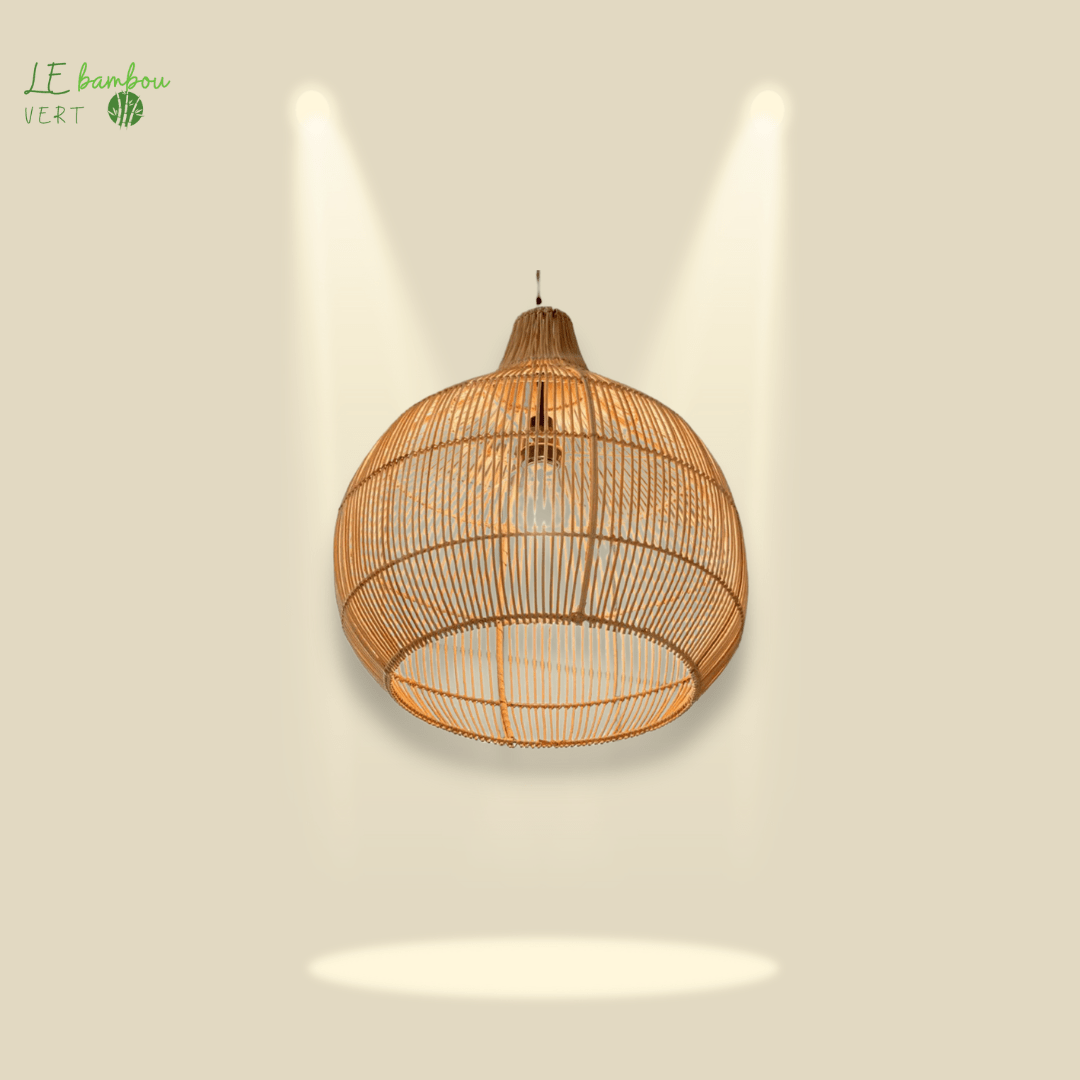
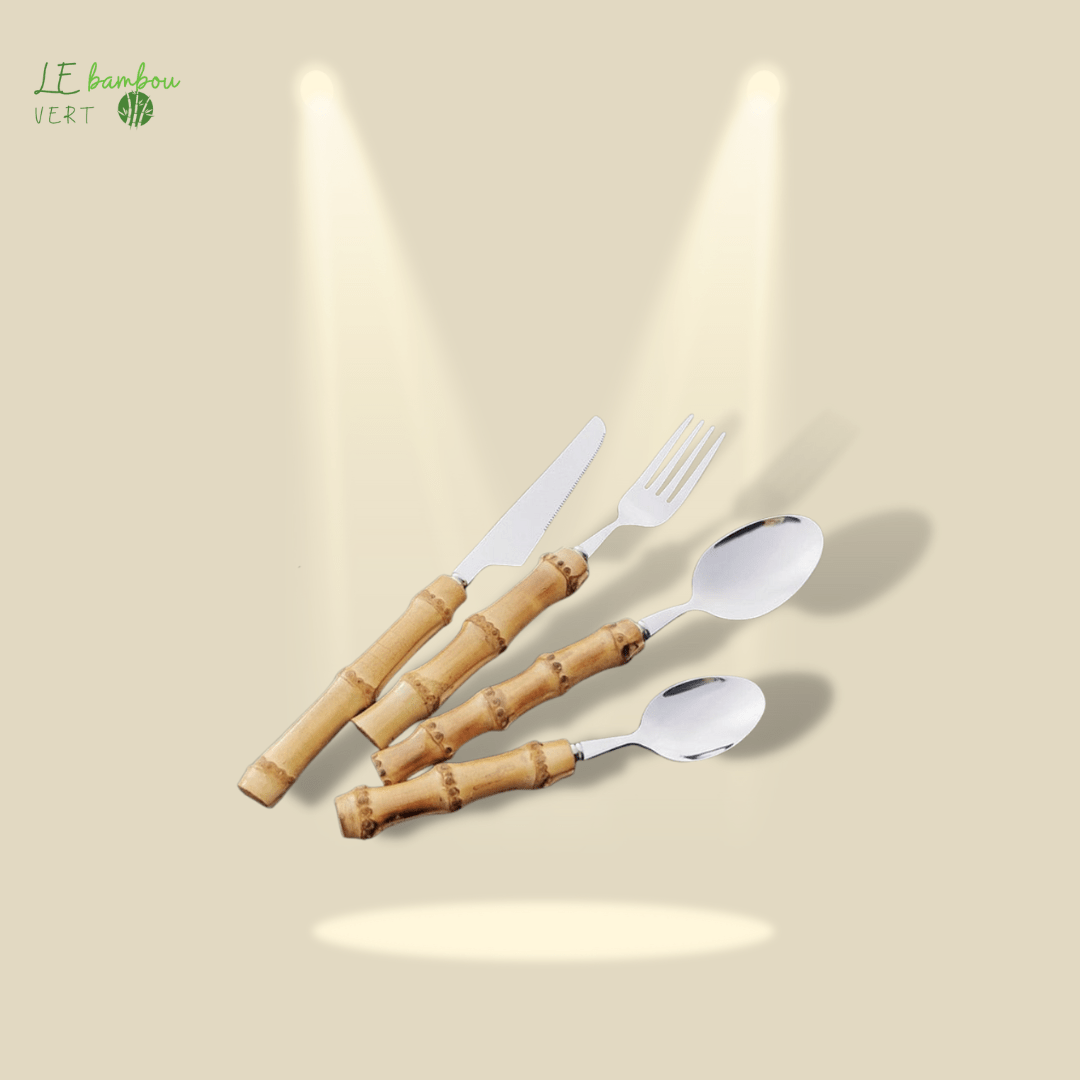
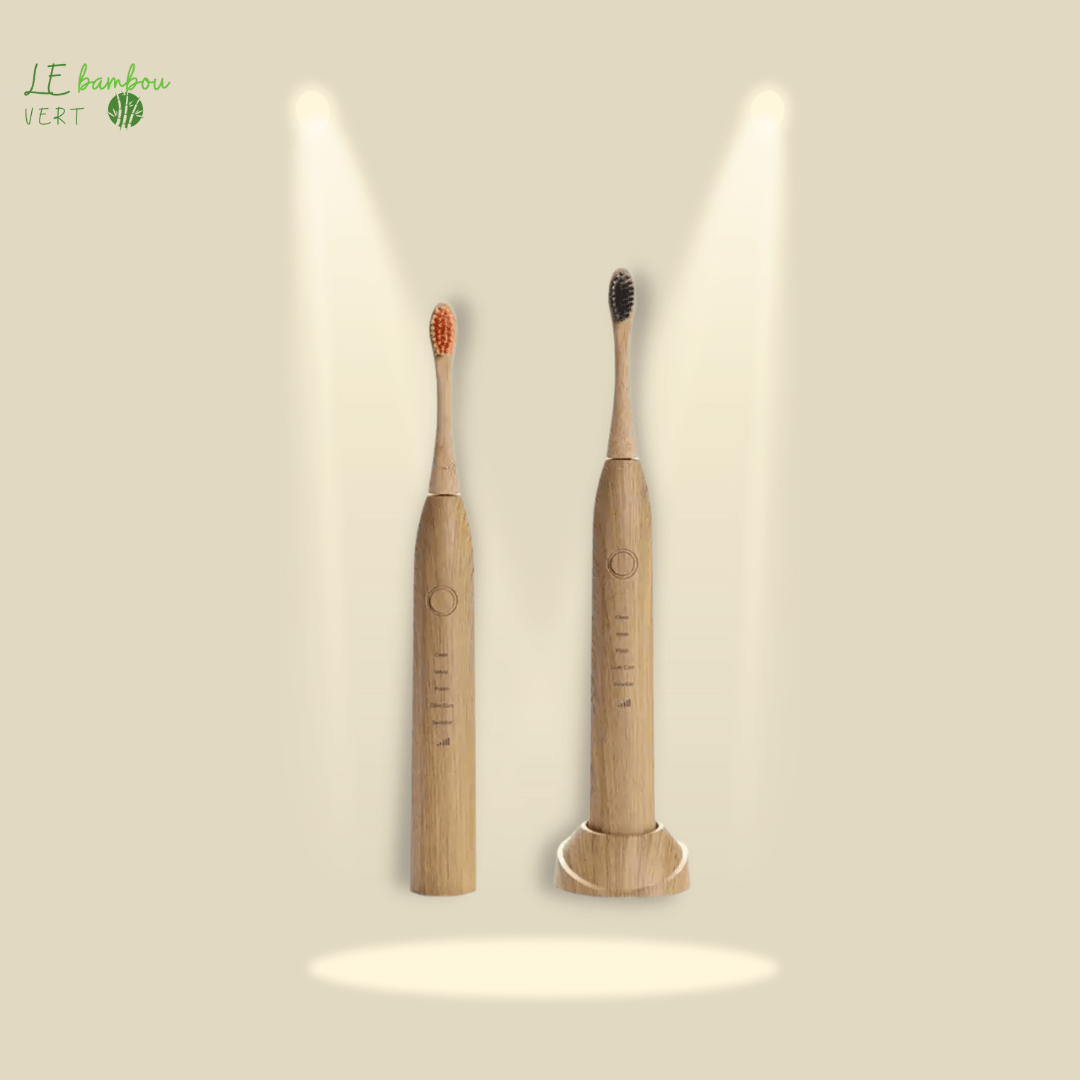
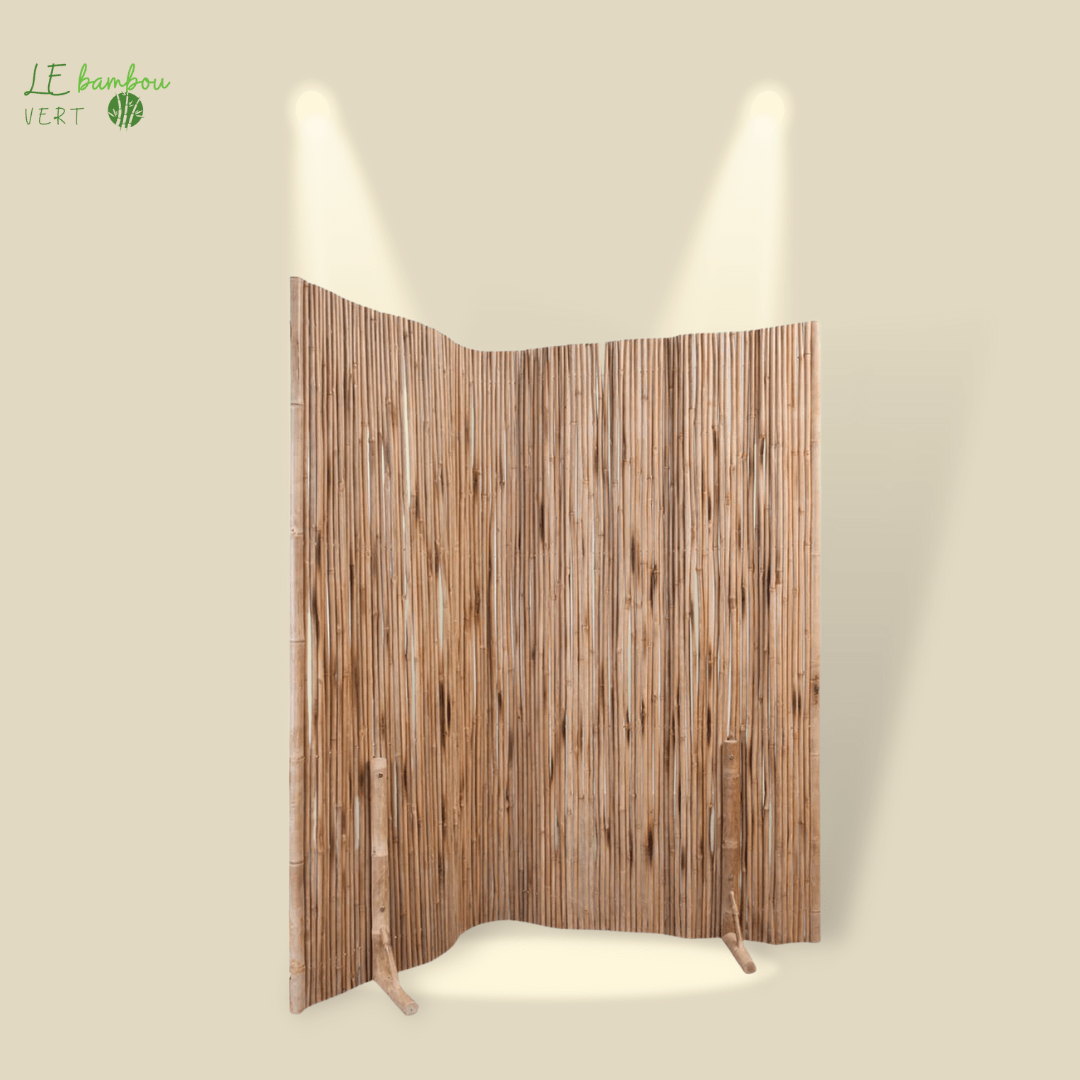
Leave a comment